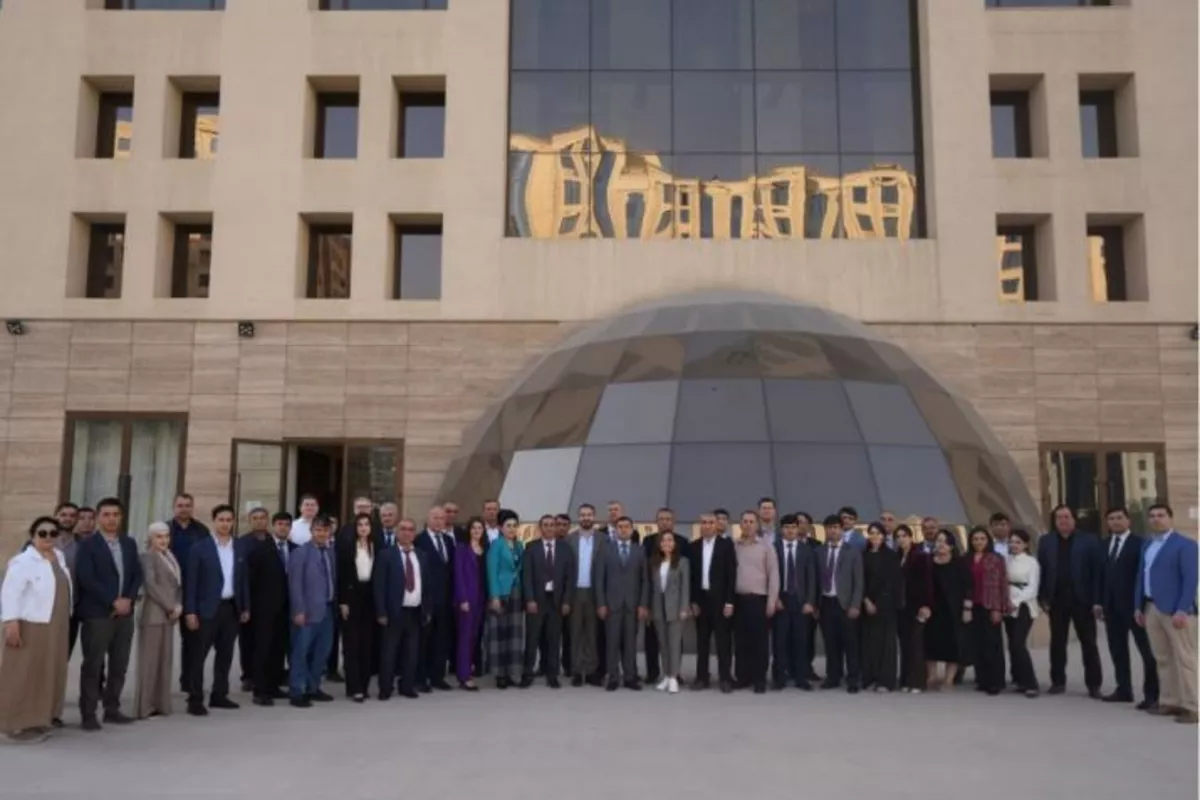
photo: Asia Plus
The International Organization for Migration (IOM), in collaboration with Tajikistan’s Ministries of Internal Affairs and Labor, has hosted a two-day National Workshop on Countering Online Recruitment Fraud at the Hilton Hotel in Dushanbe.
The event brought together government officials, law enforcement, IT experts, and frontline service providers to tackle the rise of online scams targeting Tajik citizens seeking employment abroad, The Caspian Post reports via Tajik media.
“Online recruitment fraud is not just a tech crime - it strikes at the hopes and livelihoods of Tajik families,” said Sharif Norzoda, Deputy Minister of Labor, Migration and Employment. “Protecting our citizens requires strong national cooperation and engagement with IT and development partners.”
The workshop, held under the UK-funded Safe Migration of Seasonal Workers from Central Asia to the UK project, highlighted how scammers exploit social media and messaging apps to offer fake jobs and visa services. Migrants often lose between $50 and 5,000, sometimes selling personal belongings or taking loans in the process.
IOM Chief of Mission Victor Lutenco emphasized the importance of safe migration: “Every fraudulent job offer undermines trust in legitimate opportunities. Better detection, coordination, and awareness are key to keeping migration a pathway to empowerment, not exploitation.”
Interactive sessions featured real-life case studies, group exercises, and expert guidance on identifying and combating fraud. The workshop concluded with practical recommendations, including national referral procedures for suspected fraud, expanded public awareness campaigns, and digital fraud prevention training integrated into pre-departure programs.
Bahrom Rahmatjonov, IOM National Programme Officer, highlighted the psychological tactics used by scammers: “Migrants often trust instant responses from fraudsters over careful, verified advice, making education and awareness critical.”
IOM will compile a report summarizing the workshop’s findings to guide future programming on digital security and safe migration.
Share on social media